FRAMEWORK OVERVIEW
Welcome to the Bravely Community! We are so glad you are interested in making your travel educational for your kids.
The Bravely Educational Framework celebrates the ideals of a liberal arts education and matches it with the adventure of frequent or full-time travel experiences. We aim to provide parents with clarity on the “how” of integrating learning with travel.
We believe travel is the best teacher and that processing all that immersive learning should happen through good thinking.
Travel comes in many forms: weekends, multi-week, multi month, sabbatical, gap year, seasonal and even full time travel, which is often called worldschooling. Every time a child has the opportunity to enjoy a new and immersive experience, they grow.
If kids experience a change of pace or change of place, they will experience a change of perspective.
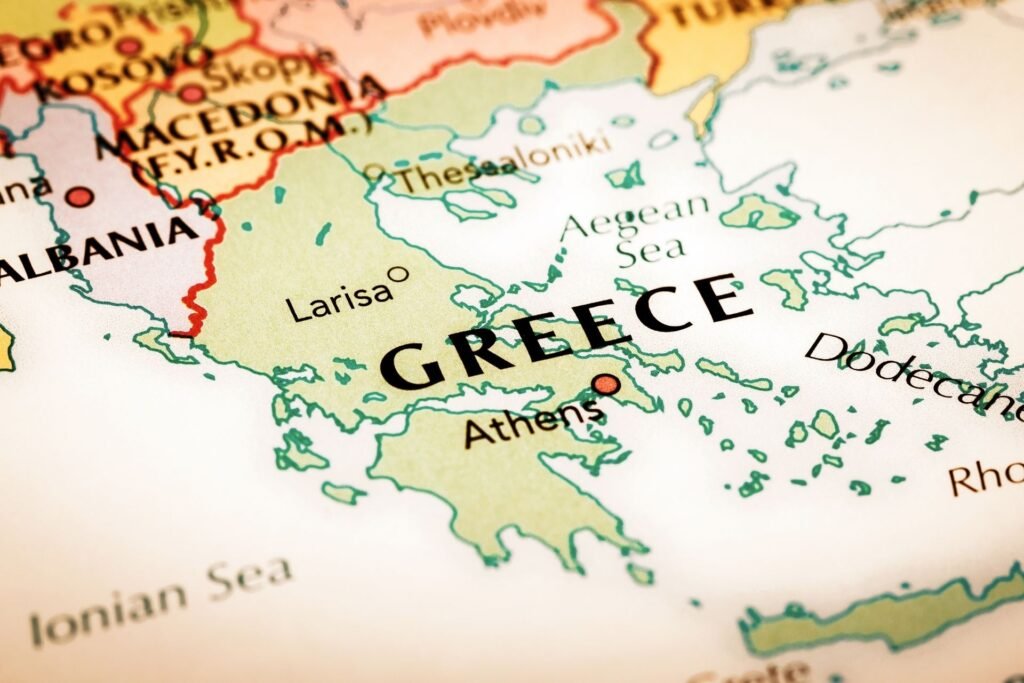
UNDERSTANDING A LIBERAL ARTS EDUCATION
Origins of Liberal Arts Education
Let’s talk about a liberal arts education. What does it mean exactly?
The concept of “liberal arts education,” or what some call a “classical education,” dates back to ancient Greece and Rome. It originally referred to the education that was considered essential for a free person to participate in civic life. This included public debate, defending their family’s rights, and fulfilling various societal duties.
The core of this education was the trivium, which was grammar, rhetoric, and logic, followed by the quadrivium, which was arithmetic, geometry, music, and astronomy. Together, these seven subjects laid the foundation for intellectual inquiry and critical thinking.
Greek philosophers like Plato and Aristotle greatly influenced liberal arts education. They emphasized broad learning as essential for developing virtue and wisdom. In the Roman era, thinkers like Cicero and Quintilian refined this educational model to cultivate both the mind and moral character.
Formalizing Education
During the Middle Ages, this classical approach was formalized by European universities. Liberal Arts education became the foundation that would shape Western education systems. This stage of liberal arts education still valued a broad, interdisciplinary curriculum aimed at nurturing well-rounded, critically thinking individuals capable of adapting to various fields and challenges.
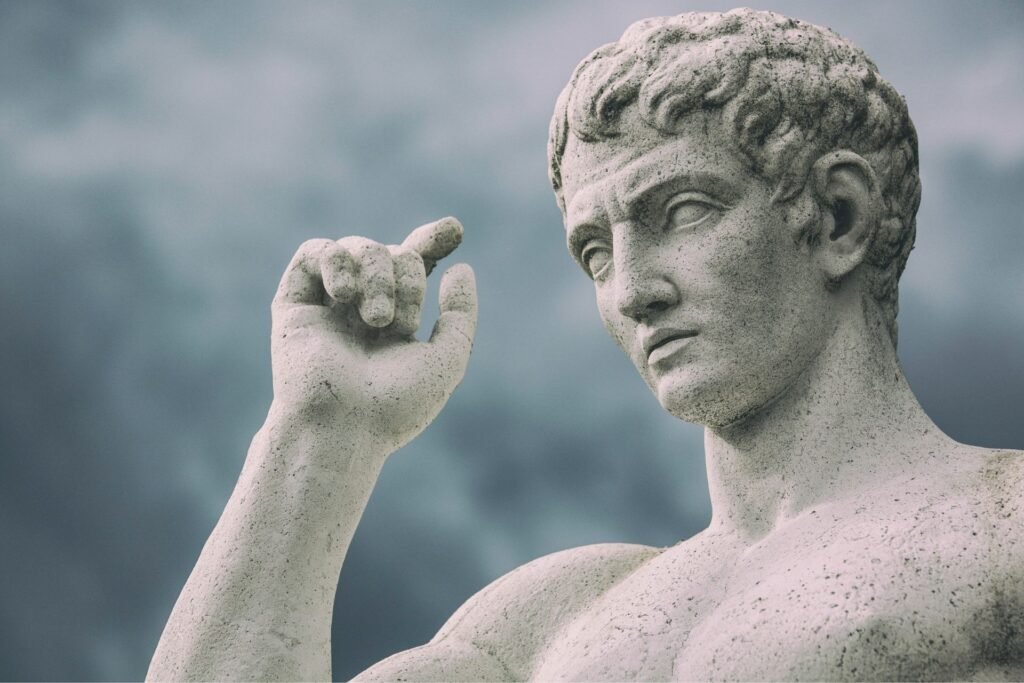
Industrializing Education
The transition from a classical liberal arts education to a more industrialized, “factory” model of education marked a big shift in how society viewed learning. In ancient Greece and Rome, education was designed to cultivate a well-rounded individual capable of deep thinking, ethical reasoning, and active civic engagement. But with the advent of industrialization in the 18th and 19th centuries, education systems began to change.
The focus shifted from fostering broad intellectual exploration to training efficient workers for factories. Schools were modeled after factories themselves—students were taught in a standardized, regimented environment, conditioned to follow schedules dictated by bells and adhere to rigid routines. This system emphasized obedience, rote learning, and repetitive tasks over critical thinking, creativity, and debate.
The goal of mainstream education was to produce a workforce capable of fulfilling specific roles within an industrial economy, rather than developing individuals capable of questioning and innovating within society.
This shift was a stark departure from the ideals of the classical liberal arts, which sought to develop free-thinking, morally conscious citizens. Where the Greeks and Romans cultivated minds capable of inquiry, creativity, and civic participation, the industrialized model narrowed education to serve economic needs, prioritizing conformity and predictability.
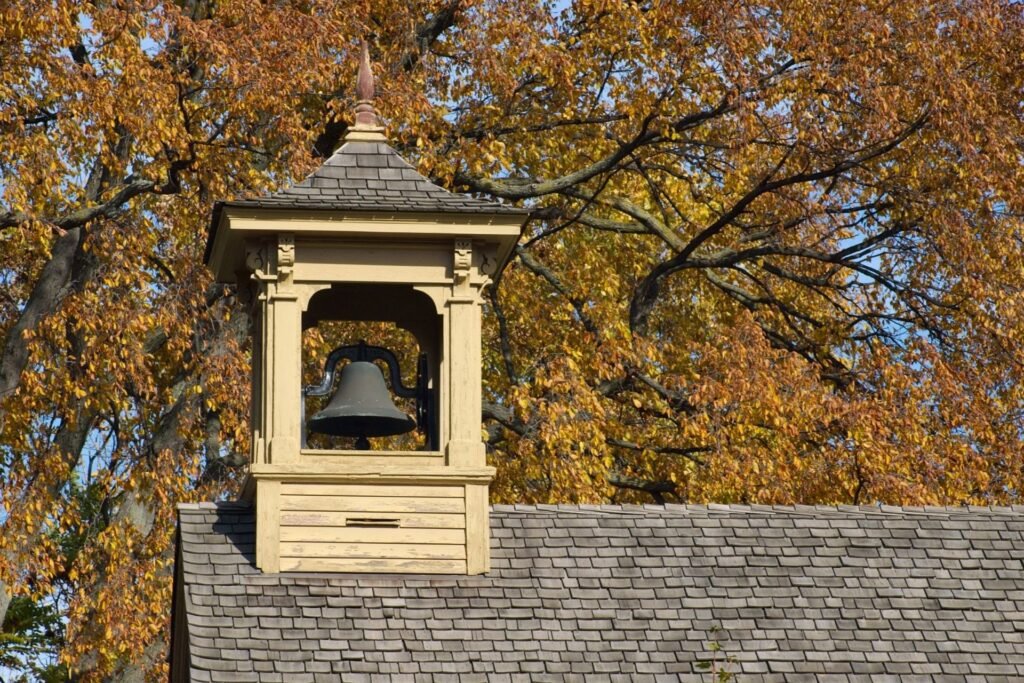
Reclaiming Liberal Arts Education
Today, those involved in alternative education movements, like Bravely, seek to reclaim the core values of liberal arts education, challenging the remnants of this factory-model system and advocating for a return to holistic, learner-centered approaches.
Traveling aligns with the liberal arts model of education because it naturally embodies the key principles of broad, interconnected learning and the development of a well-rounded, critically thinking individual.
The classical liberal arts emphasized not just acquiring knowledge but cultivating wisdom, adaptability, and a deeper understanding of the world. In today’s context, travel offers real-world opportunities for these kinds of expansive, interdisciplinary experiences.

WHY TRAVEL FITS WITH LIBERAL ARTS
Travel Fosters Interconnected Learning
The liberal arts embrace subjects like history, literature, science, and philosophy, aiming to show how knowledge across disciplines connects.
When traveling, these connections come alive—history is seen in ancient ruins, culture is experienced firsthand through art, cuisine, and local traditions, and geography is seen through diverse landscapes. This immersion turns abstract ideas into tangible, memorable experiences.
Travel Offers Cultural Understanding & Perspective
A core goal of liberal arts education is to foster an appreciation for diverse perspectives. Travel exposes learners to different cultures, languages, and worldviews, encouraging empathy, open-mindedness, and global citizenship. These are the same qualities classical education sought to nurture in free citizens prepared to engage thoughtfully in public life.
Travel Requires Critical Thinking and Problem-Solving
In classical education, debate, inquiry, and logic were fundamental. Travel requires similar skills as learners navigate unfamiliar environments, confront challenges, and question their assumptions. It encourages adaptability, creative problem-solving, and resilience—qualities central to both liberal arts ideals and thriving in a globalized world.

Travel Breeds Experiential Learning & Sparks Curiosity
Liberal arts education values learning for its own sake, driven by curiosity and a love of knowledge. Travel sparks curiosity as every destination brings new discoveries, whether it’s learning about the architecture of a city, the science of an ecosystem, or the history behind local customs. Learning through direct experiences mirrors the hands-on inquiry that liberal arts education champions.
In modern times, as education increasingly seeks to break free from rigid, standardized methods, integrating travel with the liberal arts offers a dynamic approach. It nurtures well-rounded individuals, prepared not just for careers but for thoughtful engagement in the world. Travel, with its diverse and immersive lessons, brings the goals of liberal arts education into vibrant, modern contexts.
By traveling and exploring new places and interacting with different communities, children make learning personal and exciting. They build skills like curiosity and adaptability while connecting their studies to their everyday adventures, preparing them for a lifelong journey of discovery and growth.
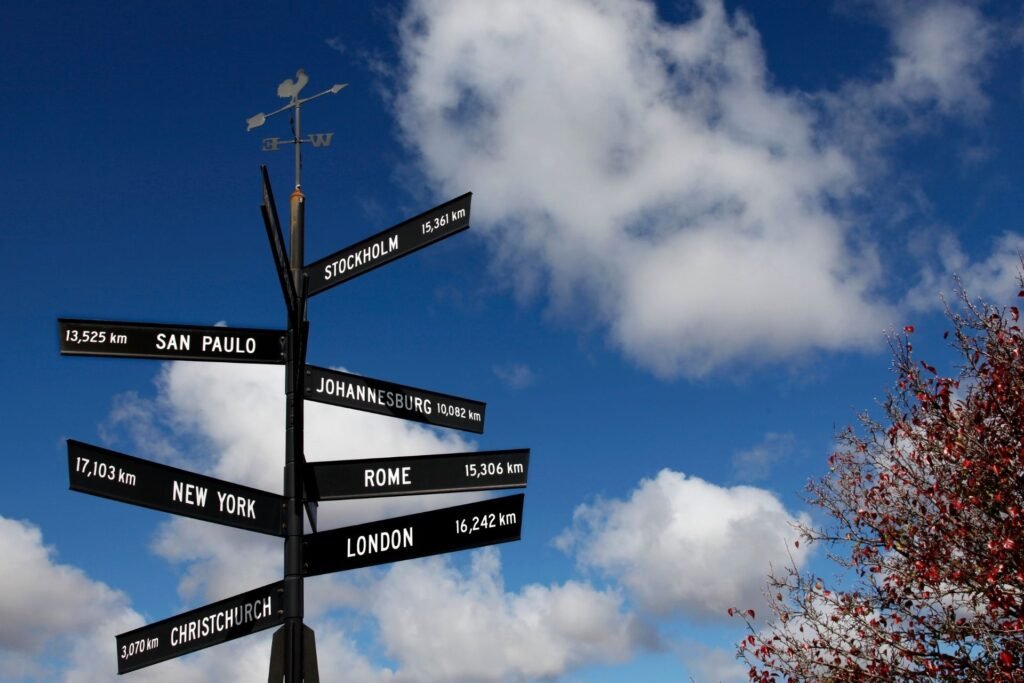
HOW TO START EDUCATIONAL FAMILY TRAVEL
If you’re serious about wanting travel to be a core piece of your child’s education – in any capacity – here are some ideas of how to approach it.
Travel Around a Thematic Focus
We suggest starting family travels by picking a thematic focus of interest under the umbrella of building broad global knowledge (go on and make Aristotle proud!). You will find this outlined in Part I below.
Foster Five Core Attributes
The Bravely Framework is designed to foster holistic growth in children by focusing on five core attributes: Curiosity, Connection, Creativity, Courage, and Conscientiousness. As you embark on educational travel with your family, this framework will guide you in nurturing these essential qualities in your child, which you will discover in Part II.
Design a Clear Learning Path
As you travel, we’ve provided you with some ideas around designing a Learning Path for each stage of a child’s development, which is in Part III. This is based on a liberal arts ideology of education and pulls from great thinkers in education such as Charlotte Mason and Sir Ken Robinson. This is organized by stages rather than by grade levels, and is not aligned to the outdated standards of what the government suggests a child should master at any particular age.
Do Some Skill-Building Travel
When the children have built their global knowledge and defined some of their passions, consider traveling for longer periods of time (such as 3 – 6 months) in one place with the intent of skill-building in passion areas for your children. This is explained further in Part IV.
Re-Define What “Education” Means to You
As children are completing their years with you, the Bravely Framework encourages you to focus on who they have become rather than measuring what they have done as you define “success” or “education.” We talk about education in terms of Character, Competency, Career, and Compassion. You’ll learn more about this in Part V.
Prepare for University & Career
Part VI is about the question of how to formalize 18 years of alternative education and get a diploma and apply to higher education or go straight into a career.
Detailed Framework [Parts I – V]
When planning educational travel experiences for your family, there is a wealth of iconic destinations and landmarks to consider. Here are some key groupings to guide your travels and enrich your child’s learning journey:
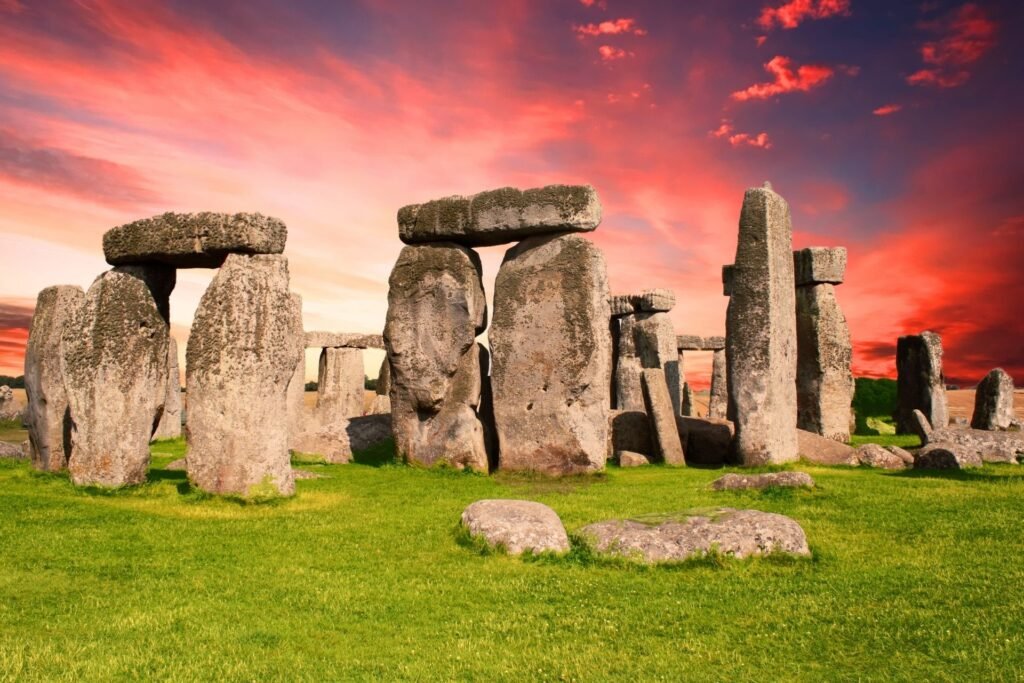
Theme Idea: World Heritage Sites
These UNESCO-designated locations represent the pinnacle of cultural, natural, and mixed heritage. They offer exceptional educational value and include wonders like the Great Wall of China, the Pyramids of Giza, and the Great Barrier Reef. For more information, visit the UNESCO World Heritage Centre.

Theme Idea: Modern Marvels
This category showcases contemporary engineering and architectural feats. Notable examples are the Burj Khalifa in Dubai, the Golden Gate Bridge in San Francisco, and the Panama Canal. Explore these marvels further on Modern Marvels.
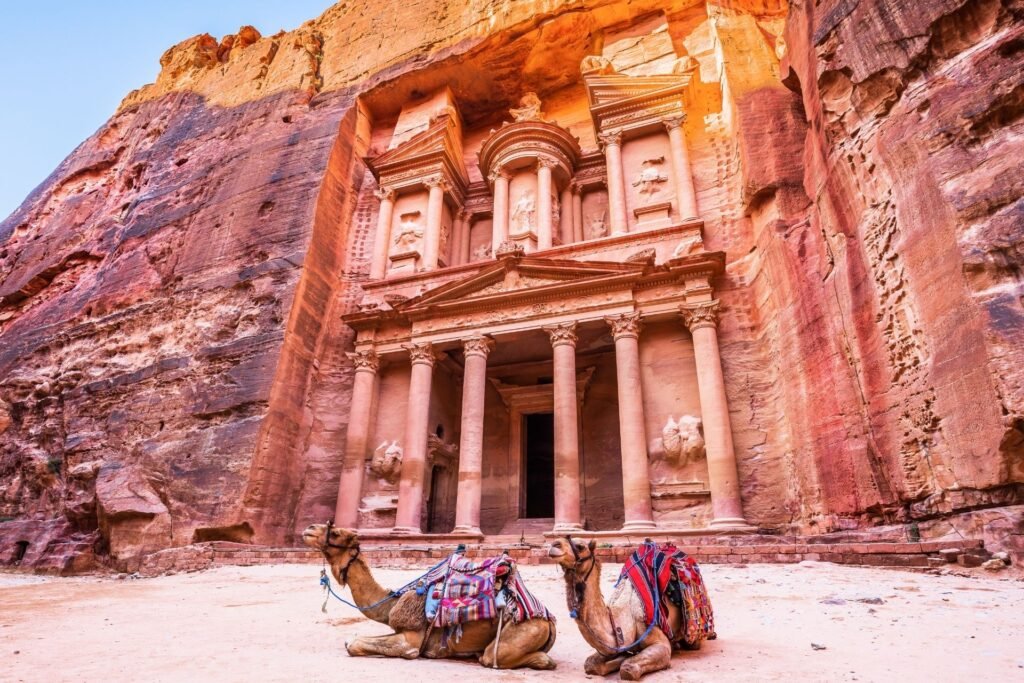
Theme Idea: New 7 Wonders of the World
Chosen through a global poll, these modern wonders reflect remarkable achievements in architecture and culture. Highlights include the Great Wall of China, Petra in Jordan, and the Taj Mahal in India. Discover more at the New7Wonders Foundation.
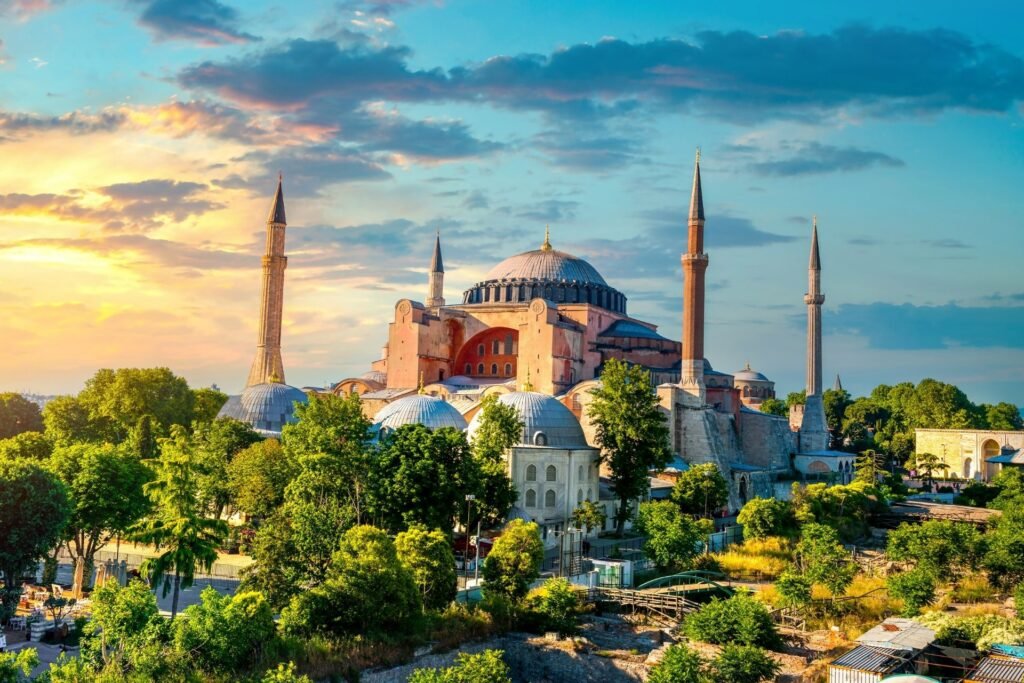
Theme Idea: Historic Cities & Capitals
Cities with deep historical and cultural roots, such as Athens, Istanbul, Cairo, and Jerusalem, are packed with educational value. They offer a chance to lean into diverse cultures, ancient civilizations, and learn about significant historical events which is reflected in their architecture, museums, and local traditions. Check here for a list of Historic Cities.

Theme Idea: Natural Wonders
The Natural Wonders of the World highlight extraordinary natural features like the Grand Canyon, Mount Everest, and the Aurora Borealis. Learn more about these wonders at Natural Wonders.

Theme Idea: Unique Biomes
Explore the world’s diverse ecosystems, each with its unique environmental characteristics and species. Biomes include the Arctic Tundra, the Amazon Rainforest, and the Sahara Desert. Understanding these biomes can enhance your knowledge of environmental science and geography. For more ideas, read this blog.
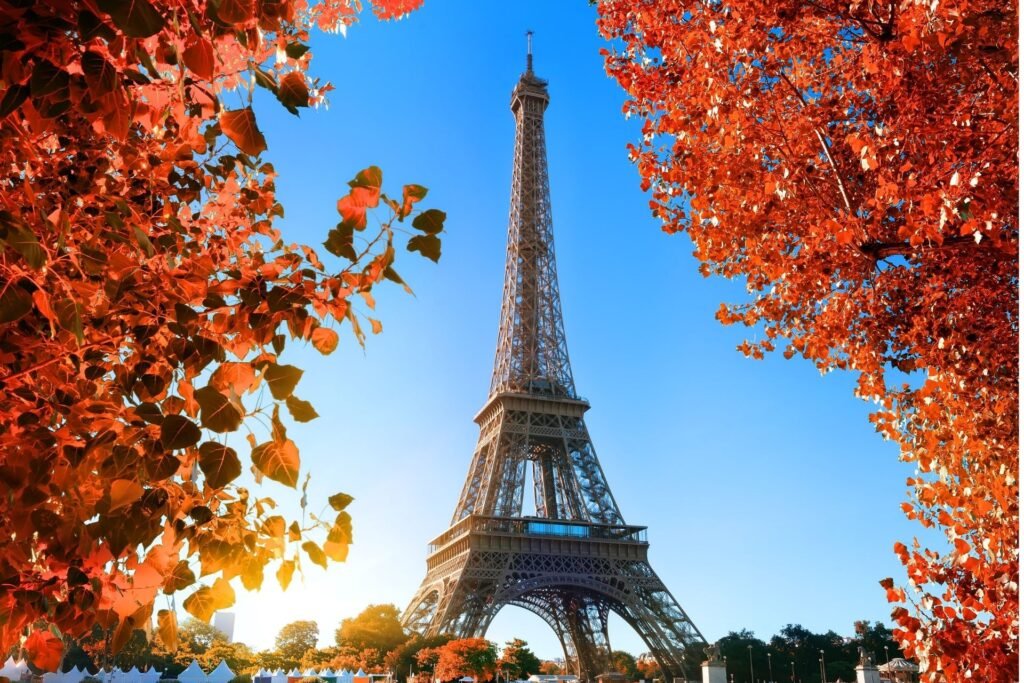
Theme Idea: Major World Landmarks
Iconic landmarks such as the Eiffel Tower in Paris, the Sydney Opera House, and the Statue of Liberty offer rich learning experiences through their historical and cultural significance. Visit Landmarks and Historical Sites for more information.

Theme Idea: Biodiversity Hotspots
These regions are known for their exceptional levels of plant and animal diversity, often facing significant threats. Examples include the cloud forest in Costa Rica and the rainforest of Indonesia. These hotspots provide crucial insights into conservation and ecological balance. Learn more about these hotspots at Biodiversity Hotspots.
Each of these categories presents unique opportunities for immersive learning and discovery, making your global travels both educational and unforgettable. Of course, as you explore the theme, you also discover the history, culture, food, sports and more of each country, so the theme is a point of inspiration, but certainly not the totality of what you experience!
The Bravely Framework is designed to foster holistic growth in children by focusing on five core attributes: Curiosity, Connection, Creativity, Courage, and Consciousness. As you embark on educational travel with your family, this framework will guide you in nurturing these essential qualities in your child.

Curiosity
Encourage your child to explore and ask questions about the world around them. Each new destination offers fresh opportunities for learning and discovery. Engage in activities that spark their wonder and allow them to investigate new subjects and environments.
Connection
Support your child in making meaningful connections between people, places, and ideas. By interacting with diverse cultures and communities, your child will learn to see the links between different experiences and understand the broader context of their travels.
Creativity
Foster your child’s ability to think creatively and express themselves through various forms of art, problem-solving, and innovative thinking. Travel provides a wealth of inspiration for creative projects and activities, helping to develop their imagination and originality.
Courage
Encourage your child to step out of their comfort zone and tackle new challenges. Whether it’s trying a new activity or adapting to unfamiliar environments, building resilience and bravery will be key to their growth and development.
Consciousness
Help your child become more aware of themselves and their interactions with the world. Reflect on their experiences and understand how they engage with different cultures and environments. This self-awareness and mindfulness will enhance their overall personal development.
To measure the success of each day, consider these reflective questions:
- Did my child experience and explore curiosity today?
- Did my child make connections between people, places, and ideas they encountered?
- Did my child practice creativity in some way?
- Did my child demonstrate more courage in facing new challenges?
- Did my child grow in self-awareness and understanding of their engagement with the world?
This framework offers a broad outline for integrating liberal arts with global travel, but it’s meant to be flexible. Parents are encouraged to use their creativity to select the places, people, tools and activities that best suit their family’s interests and needs, creating a personalized and engaging learning experience as they explore the world.
It is influenced greatly by Charlotte Mason, Sir Ken Robinson, and other innovative educators. We incorporate studies of global worldviews and faith traditions as children begin to build a moral compass to guide their lives. Read more here.
Traveling the world offers incredible opportunities for children to immerse themselves in new skills and activities. At Bravely, we’ve found that spending three months at a time in different locations, focusing on skill-building programs, provides an optimal balance of stability and adventure.
By selecting a destination and renting accommodation for three months, families can create a home base while parents work remotely and children engage in intensive skill development. This approach not only fosters significant growth in the chosen skills but also enhances the family’s travel experience, turning each journey into a transformative adventure.
Children can benefit immensely from learning new sports and physical activities during their travels. Here’s a guide to a few sports and activities that might be of interest to kids between the ages of 10 – 18, along with some prime locations around the world where they can deepen these skills.
At Bravely, education is not just about academic achievement but about nurturing a well-rounded individual who is prepared for life’s challenges and opportunities. Our approach is built on four core pillars: Character, Competency, Career, and Compassion.
This holistic framework is driven by intentionality, passion, and purpose, ensuring that each aspect of a child’s development is thoughtfully addressed.
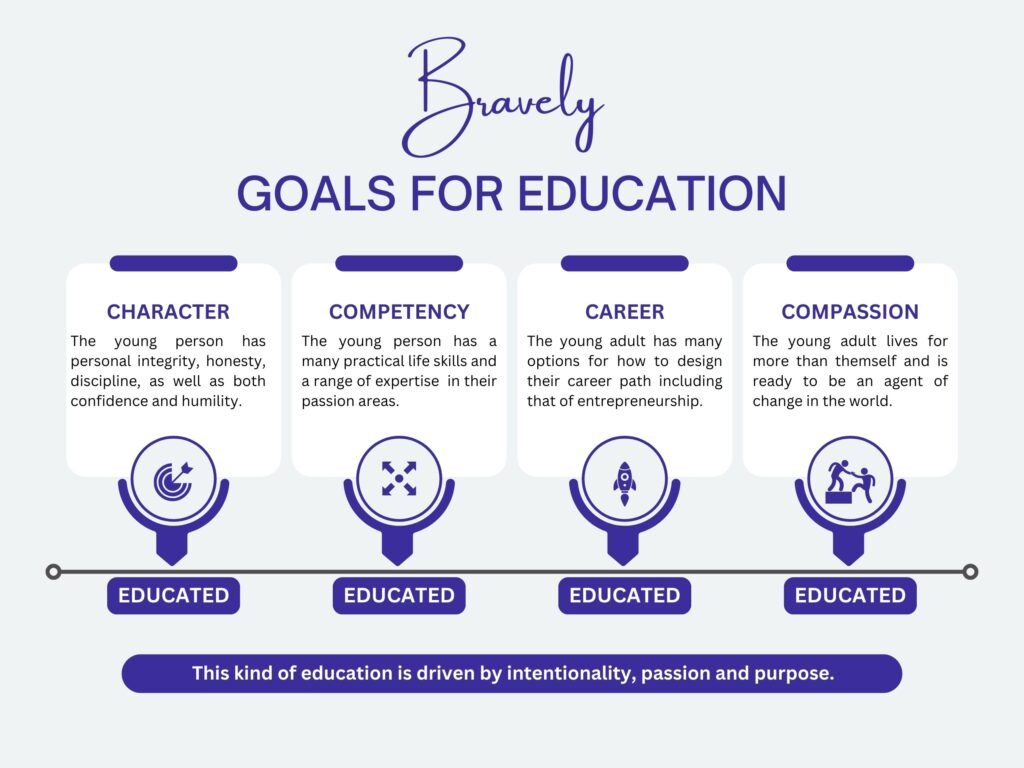
Character
Has your child developed personal integrity, honesty, and discipline? Do they now show both confidence and humility in their life? Do they build a strong moral foundation? Are they able to face challenges with resilience and grace?
Competency
Did your child acquire a range of practical life skills and gain expertise in their areas of passion? Do they now have deep knowledge in their interests so they are equipped to handle real-world situations effectively?
Career
Is your child equipped with options to pursue various career paths, including entrepreneurship? Do they have the skills and opportunities to design their own career path with confidence, whether they pursue traditional professions or forge their own path?
Compassion
Did your child develop empathy to people around the world and make a commitment to making a positive impact during their lifetime? Are they ready to live for more than themselves, being ready to contribute to the greater good? Do they understand the importance and responsibility of being an agent of change?
Umbrella Schools
For families who are following the Bravely Framework, working with an umbrella school like West River Academy can be incredibly advantageous.
Umbrella schools like West River Academy offer a unique and flexible educational framework designed to accommodate unconventional learning experiences, such as those gained through extensive travel and intensive skill-building programs.
Let’s use West River Academy as an example to see how it works:
Customizable Learning Plans
West River Academy allows families to design personalized learning plans that reflect the skills and knowledge gained from specific activities and locations. This approach ensures that each child’s unique educational journey is captured and valued.
Project-Based Evidence
As children engage in various skill-building activities, they have the option to create academic projects that showcase their learning and development. These projects can include all kinds of things such as portfolios of work or reflections on their experiences, whatever provides evidence of their learnings and achievements.
Transcripts and Accreditation
West River Academy helps convert these projects and experiences into formal academic transcripts. This includes translating practical skills and experiential learning into academic credits and grades that align with traditional educational standards.
Diplomas and Graduation
For families looking to culminate their child’s educational journey, West River Academy offers the option to award diplomas and facilitate graduation ceremonies. This formal recognition can be important if students want to pursue future academic and certain professional opportunities.
Ongoing Support
By collaborating with umbrella schools, families can seamlessly integrate their children’s immersive global learning experiences into a structured educational framework. This not only validates the skills and knowledge acquired through their travels but also provides a solid foundation for future academic and career pursuits.


